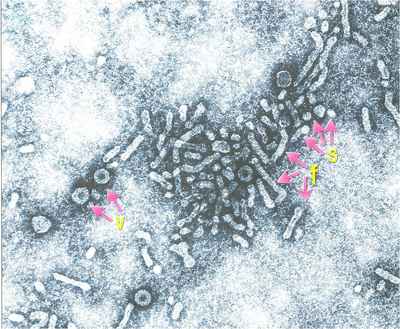Vaccination
Vaccines that can effectively prevent infection are now available. Currently, newborns are routinely undergoing vaccination.
People who have never been infected by Hepatitis B can obtain immunity through vaccination. Those who are at risk of Hepatitis B infection are highly recommended to undergo vaccination.
Medication
Current medications for Hepatitis B can effectively control the virus and prevent further damage to the liver.
All persons with Hepatitis B should undergo regular medical follow-ups. The purpose is to screen for liver cancer, and any active liver inflammation. In general, most patients require a 6-monthly follow-ups. During the follow-up, an ultrasound will help to detect any suspicious lesions of liver cancer. Early detection of liver cancer plays a vital role in effective cure.
Blood tests include liver function tests to detect any liver inflammation. Alpha fetoprotein is the blood marker for liver cancer. It can aid in the diagnosis of liver cancer.
Patients are advised to avoid alcohol and/or traditional medicines as these substances may cause additional liver damage.
















